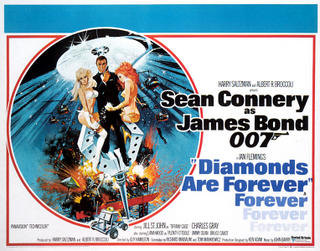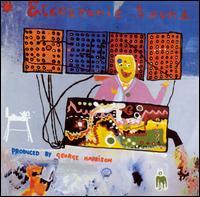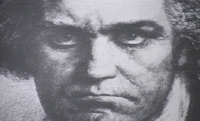As you may or may not have heard, the the pieces are falling together for the production of the 21st James Bond film to be done by the Broccoli family film production company EON ("Everything or Nothing"). Set for a 2006 release, Casino Royale will be the first Bond film to take its title from an Ian Fleming novel or short story since The Living Daylights (1987). Casino Royale was the first Bond novel, released in 1953.
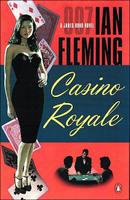
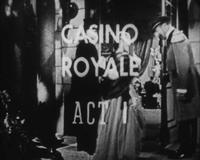
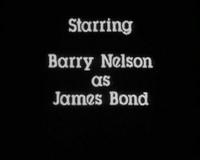
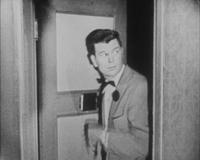
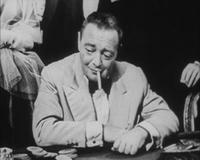
A 1967 film version followed. The film was made by the producer of What's New, Pussycat?, and it became a Bond spoof after a serious film version was rejected by EON.
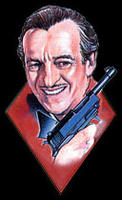


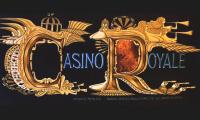

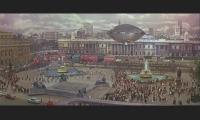
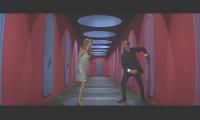
Casino Royale (1967) was generally considered to be an unfocused mess of a film, what with its five directors and all. It reflects the times in which it was released, and had to have been a contributing inspiration for the Austin Powers movies.
In addition, I'm sure you're aware, Pierce Brosnan was unceremoniously dumped by EON, making Die Another Day (2002) his last Bond film. Every mid-late thirtysomething actor with even the hint of a British accent, including
In addition, I'm sure you're aware, Pierce Brosnan was unceremoniously dumped by EON, making Die Another Day (2002) his last Bond film. Every mid-late thirtysomething actor with even the hint of a British accent, including

has been rumored to be the next 007.
Any way you look at it, Cubby Broccoli's spawn would appear to have the proverbial cards stacked against them. To be honest with you, other than for the pursuit of a buck, I don't see the point of making any more Bond films. It's a dead franchise. I haven't sat through an entire recent movie version since 1987's The Living Daylights. I've only seen bits of Brosnan's on TV, being a lot more interested in Goldeneye, the videogame, than the actual film.
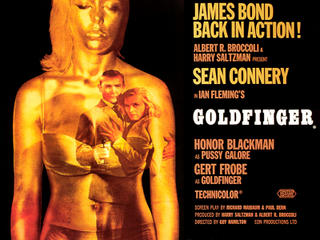


And, though it's been said before, and many would disagree, Bond should have ended with:








